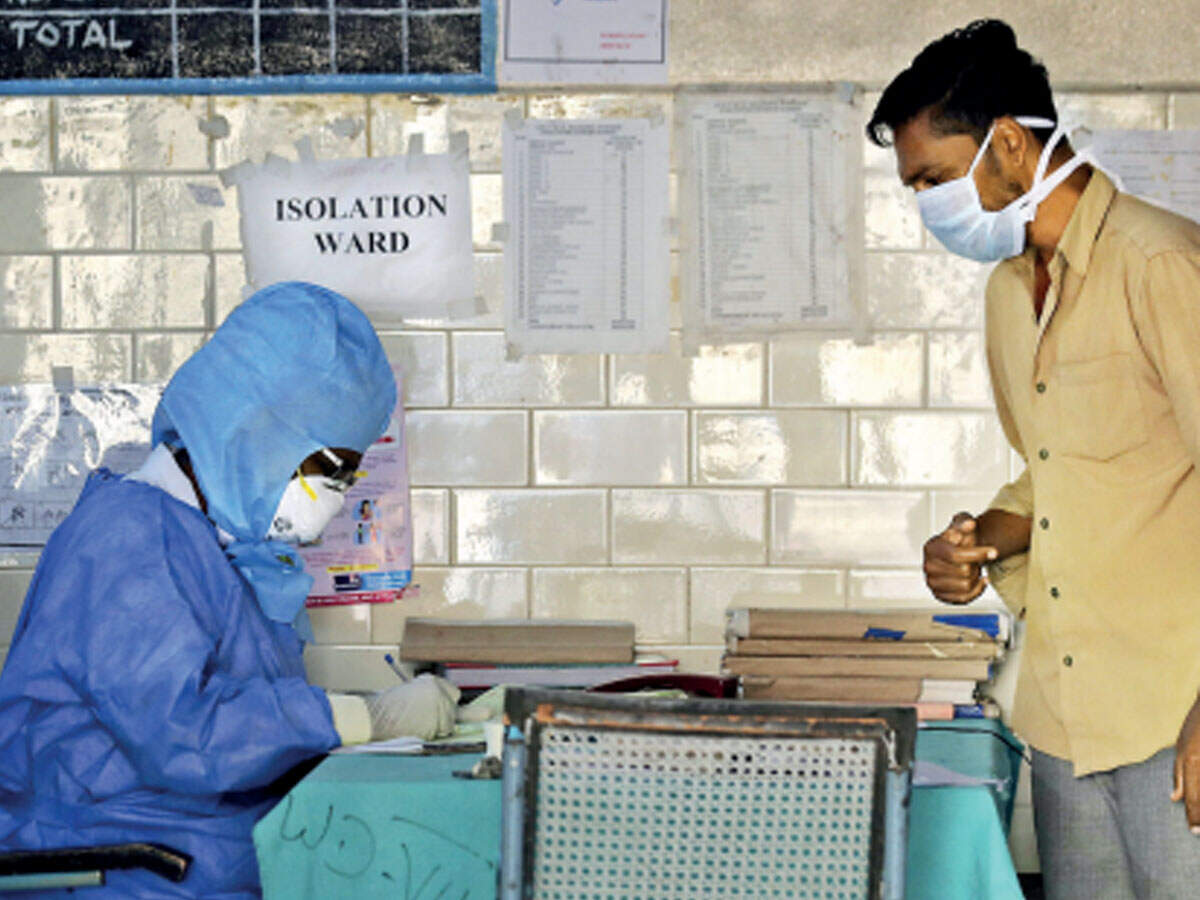- Industry
- 2 min read
Admission or isolation at home? Age matters most
According to Dr S K Sarin, chairman of the task force constituted by Delhi government for Covid-19 management, home quarantine is suitable for younger patients who are asymptomatic.
According to Dr S K Sarin, chairman of the task force constituted by Delhi government for Covid-19 management, home quarantine is suitable for younger patients who are asymptomatic. “Even at home, one should keep monitoring the oxygen saturation level. One can buy a pulse oximeter for that,” he said. It is a small, lightweight device used to monitor the amount of oxygen carried in the body.
Pointing out that an oxygen saturation of above 95% is considered normal, Dr Sarin added, “If a person’s oxygen saturation levels drop below that mark, he or she should be rushed to hospital immediately.”
According to Dr Randeep Guleria, director of AIIMS, difficulty in breathing, chest discomfort, drowsiness and extreme fatigue are some of the warning signs. “If a patient develops any of these symptoms, he or she should be rushed to hospital immediately,” he said.
As Covid-19 cases rise, Dr Guleria added, there is high likelihood of increased pressure on hospitals for admissions and a clear policy may be needed to prioritise admission of those who need it the most, such as elderly people.
The novel coronavirus causes mild to moderate symptoms such as fever, dry cough and fatigue in 80% cases, when the infection is limited to the upper respiratory tract — nose and throat.
Once the infection involves the lower respiratory tract, complication starts. The lower respiratory tract consists of windpipe (trachea), bronchi and bronchioles, and alveoli, which make up the lungs. These structures pull in air from the upper respiratory system, absorb oxygen and release carbon dioxide in exchange.
A review of the Covid-19 cases published in a medical journal recently shows infection caused by the virus damages the lungs that leads to shortness of breath. The patient starts breathing faster — more than 30 times a minute — and the levels of oxygen in blood start dropping.
“Lack of oxygen affects brain, heart and all other organs. Without immediate medical intervention, a patient may start getting restless and fall unconscious due to lack of oxygen in the brain. It can also affect the heart, kidneys and other body parts leading to a multi-organ failure,” said a doctor.
Dr Rajesh Chawla, pulmonologist and critical care specialist at Indraprastha Apollo Hospitals, said they suggested home quarantine to all stable Covid-19 patients. “But people insist on getting admitted because they do not have a separate room with an attached bathroom and they fear infecting family members. Sometimes, the patients are very anxious and they don’t want to stay at home,” he said.
Many private hospitals and companies like Healthcare at Home are offering tele-consultation and management of Covid-19 cases under home isolation through teleservices or apps.



COMMENTS
All Comments
By commenting, you agree to the Prohibited Content Policy
PostBy commenting, you agree to the Prohibited Content Policy
PostFind this Comment Offensive?
Choose your reason below and click on the submit button. This will alert our moderators to take actions